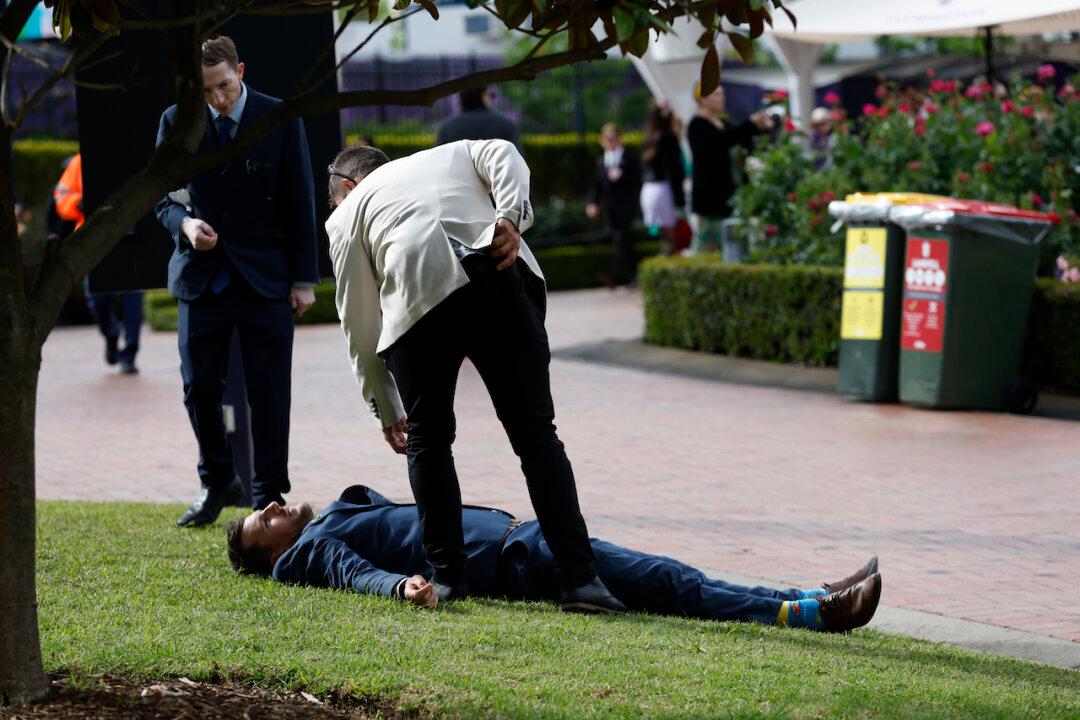Victorian Premier Daniel Andrews has defended the state’s new public drunkenness laws arguing that the move to decriminalise public intoxication will not add an extra burden for police officers—despite unions arguing otherwise.
“Will it be easy? No. Of course, it’s a big shift,” the premier said on April 13.





